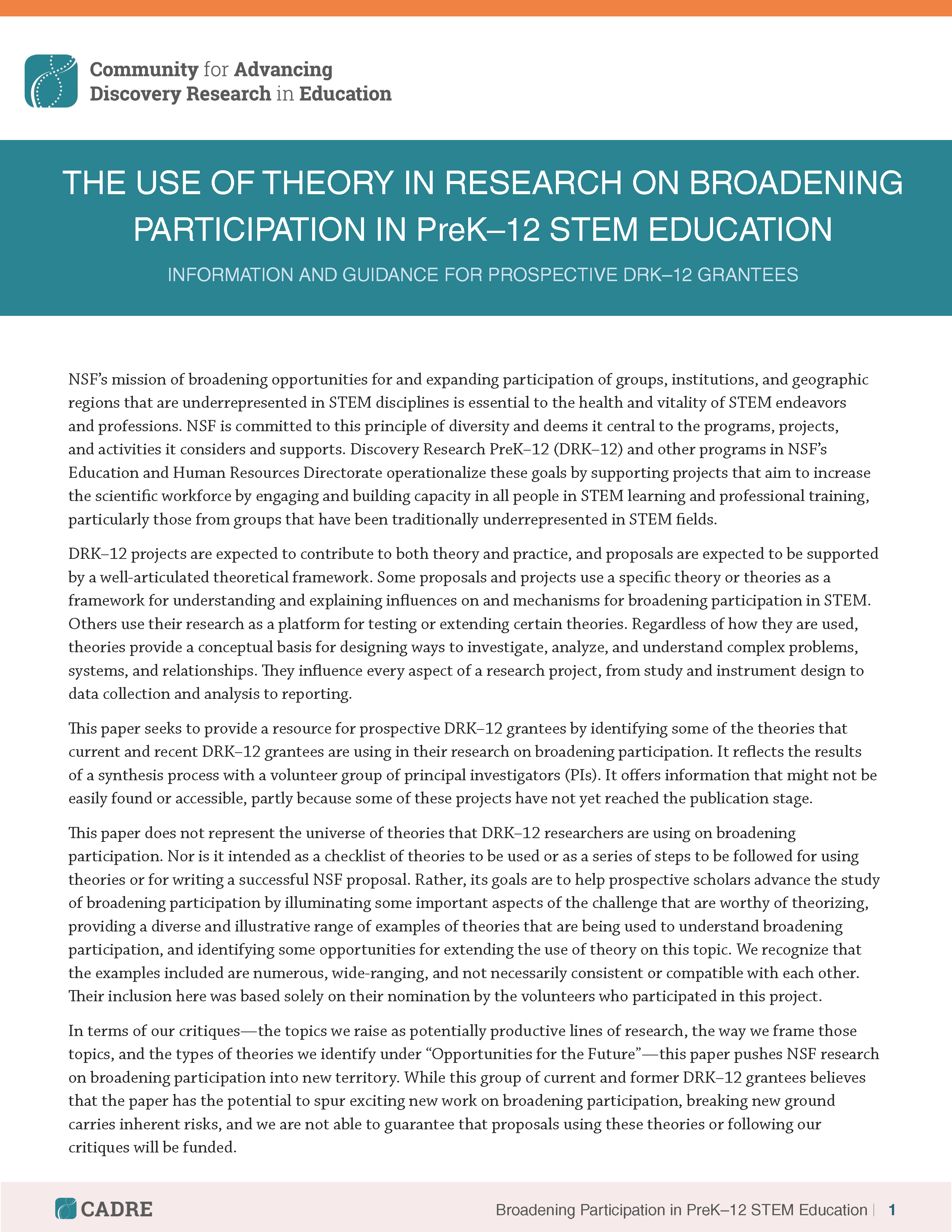Supporting English Learners in STEM Subjects
The imperative that all students, including English learners (ELs), achieve high academic standards and have opportunities to participate in science, technology, engineering, and mathematics (STEM) learning has become even more urgent and complex given shifts in science and mathematics standards. As a group, these students are underrepresented in STEM fields in college and in the workforce at a time when the demand for workers and professionals in STEM fields is unmet and increasing. However, English learners bring a wealth of resources to STEM learning, including knowledge and interest in STEM-related content that is born out of their experiences in their homes and communities, home languages, variation in discourse practices, and, in some cases, experiences with schooling in other countries.
English Learners in STEM Subjects: Transforming Classrooms, Schools, and Lives examines the research on ELs’ learning, teaching, and assessment in STEM subjects and provides guidance on how to improve learning outcomes in STEM for these students. This report considers the complex social and academic use of language delineated in the new mathematics and science standards, the diversity of the population of ELs, and the integration of English as a second language instruction with core instructional programs in STEM.

